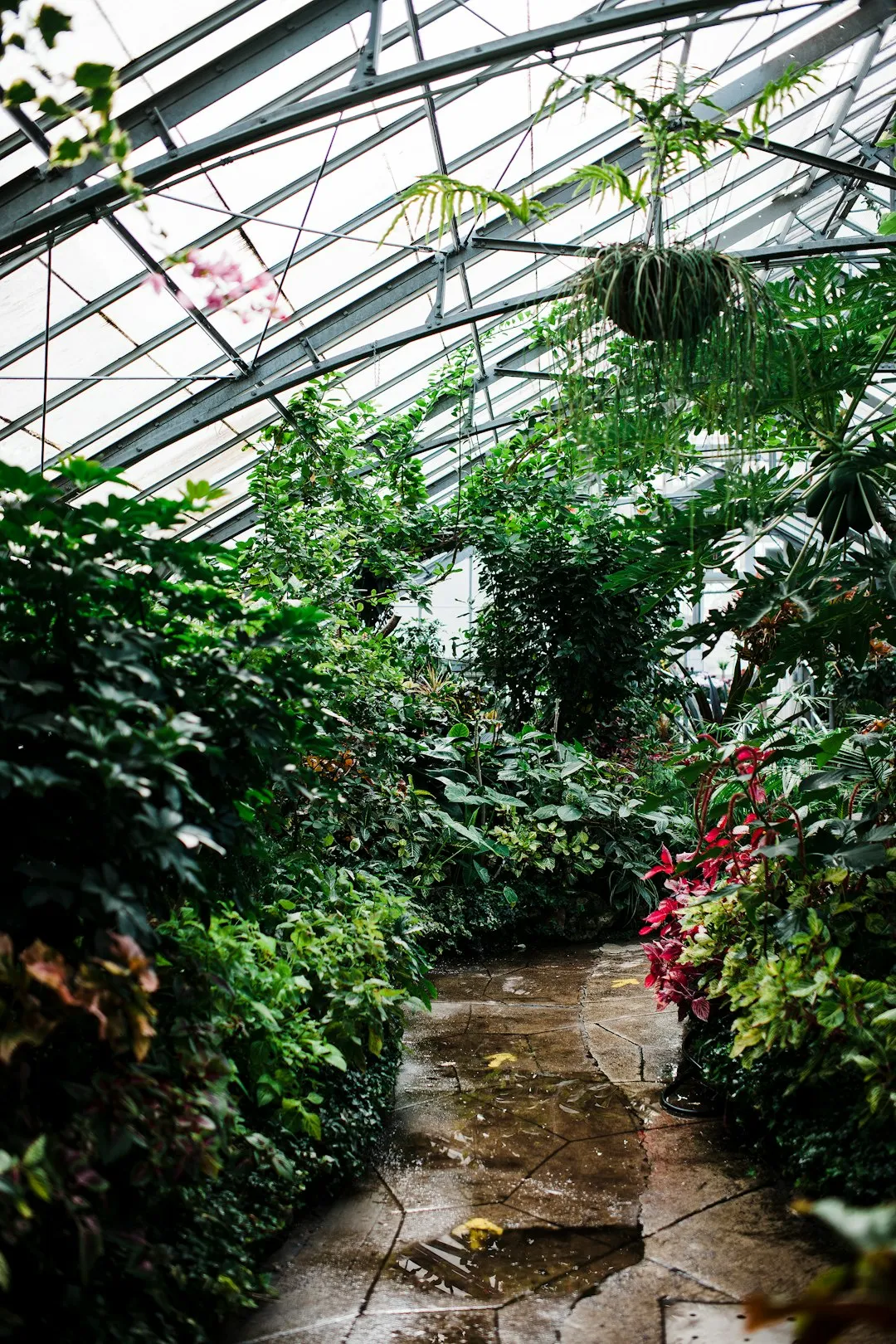Transform Your Space with Effortless Container Gardens

Container gardening has emerged as a popular and versatile solution for individuals with limited space, whether it's a small balcony, a patio, or a rooftop. It offers the opportunity to create a lush and vibrant garden without the need for a large plot of land. One of the key advantages of container gardening is the ability to choose low - maintenance outdoor potted plants that can thrive in either full sun or shade conditions. This allows you to customize your garden according to the specific lighting conditions of your space.
When selecting plants for your container garden, it's essential to consider their sunlight requirements. For areas that receive full sun, there are several excellent options. Succulents are a top choice. These hardy plants store water in their leaves, making them extremely drought - tolerant. They come in a wide variety of shapes, sizes, and colors, from the spiky agave to the round and plump echeveria. Another great full - sun plant is the petunia. Petunias produce an abundance of colorful flowers throughout the growing season. They are relatively easy to care for, requiring only regular watering and occasional deadheading to keep them blooming.
Marigolds are also well - suited for full - sun container gardens. These bright and cheerful flowers not only add a pop of color but also have natural pest - repellent properties. They can help protect other plants in your container from harmful insects. Geraniums are another classic full - sun plant. They are known for their beautiful clusters of flowers and their ability to withstand hot and sunny conditions. Geraniums require well - drained soil and regular fertilization to maintain their health and vigor.
On the other hand, if your container garden is located in a shady area, there are still plenty of options. Hostas are a staple in shade gardens. They have large, attractive leaves that come in various shades of green, blue, and variegated patterns. Hostas are relatively low - maintenance, requiring only moist soil and protection from slugs. Ferns are also an excellent choice for shady containers. They add a delicate and elegant touch to the garden with their feathery fronds. Ferns prefer consistently moist soil and high humidity, but they can adapt well to container environments.
Impatiens are a popular shade - loving annual. They produce an abundance of colorful flowers that can brighten up any shady corner. Impatiens are easy to grow from seeds or transplants and require regular watering to keep the soil evenly moist. Begonias are another great option for shade containers. They come in a wide range of flower colors and leaf shapes. Some begonias have beautiful foliage that is almost as attractive as their flowers. Begonias prefer well - drained soil and partial to full shade.
When it comes to container selection, there are many factors to consider. The size of the container is crucial. It should be large enough to accommodate the root system of the plants and allow for proper growth. A general rule of thumb is to choose a container that is at least 12 inches in diameter for most plants. The material of the container also matters. Terracotta pots are porous, which allows for good air circulation but can dry out the soil quickly. Plastic pots, on the other hand, are lightweight and retain moisture better. Glazed ceramic pots are both decorative and functional, but they can be more expensive.
Proper soil is essential for the success of your container garden. A high - quality potting mix is recommended. It should be well - drained, rich in organic matter, and have the right pH level for the plants you are growing. You can also add perlite or vermiculite to the potting mix to improve drainage. Fertilization is another important aspect of container gardening. Since the soil in containers has limited nutrients, regular fertilization is necessary. You can use a slow - release fertilizer at the beginning of the growing season and supplement with a liquid fertilizer every few weeks.
Watering is perhaps the most critical aspect of container garden care. Containers tend to dry out faster than the ground, so regular watering is essential. However, over - watering can also be a problem, as it can lead to root rot. The best way to water your container garden is to check the soil moisture regularly. Stick your finger about an inch into the soil. If it feels dry, it's time to water. Water the container thoroughly until the water drains out of the bottom holes. This ensures that the entire root system is hydrated.
In conclusion, building an easy - care container garden with low - maintenance outdoor potted plants for full sun or shade is a rewarding and achievable goal. By carefully selecting the right plants, containers, soil, and following proper care techniques, you can create a beautiful and thriving garden in even the smallest of spaces. Whether you're a beginner or an experienced gardener, container gardening offers endless possibilities for creativity and enjoyment.